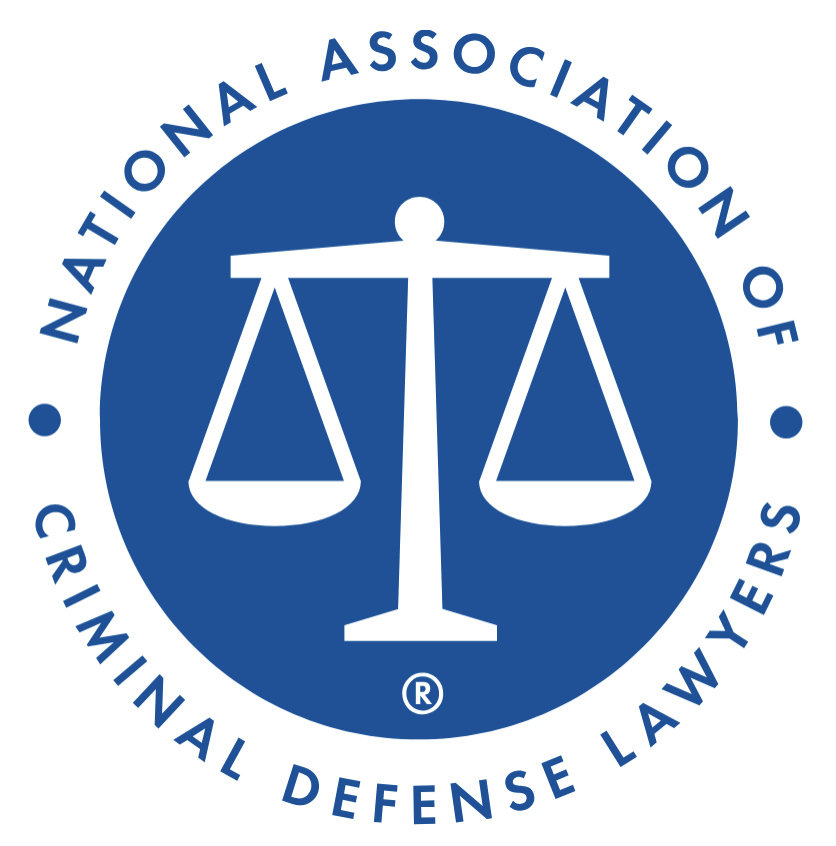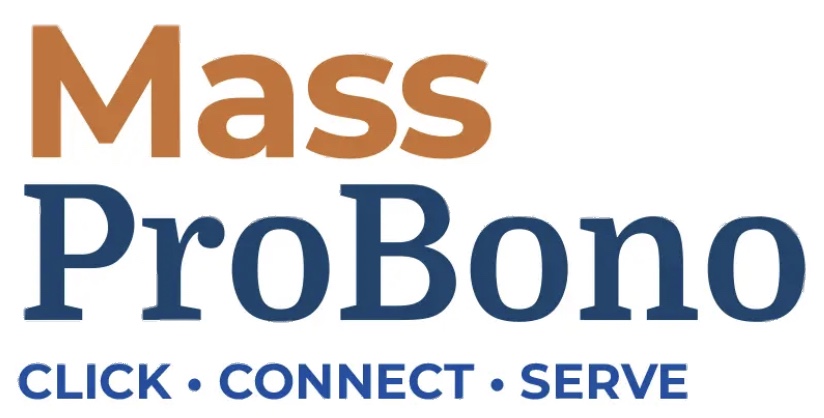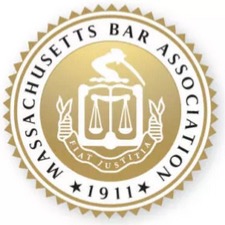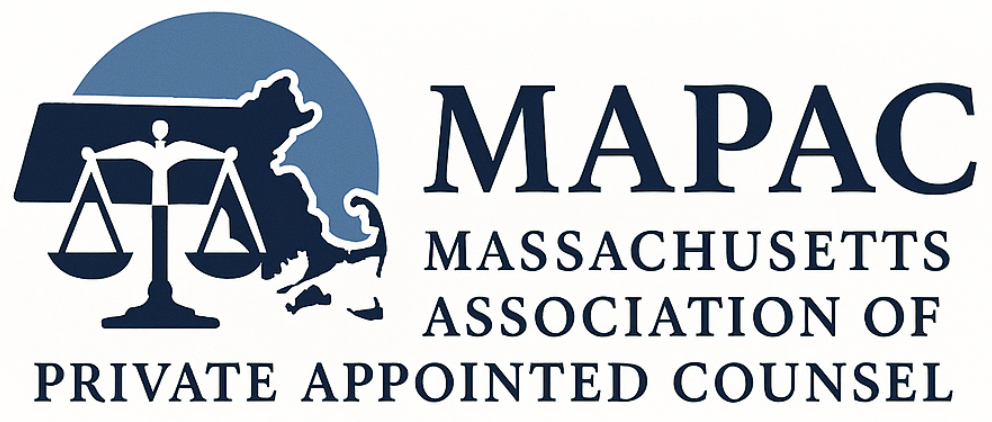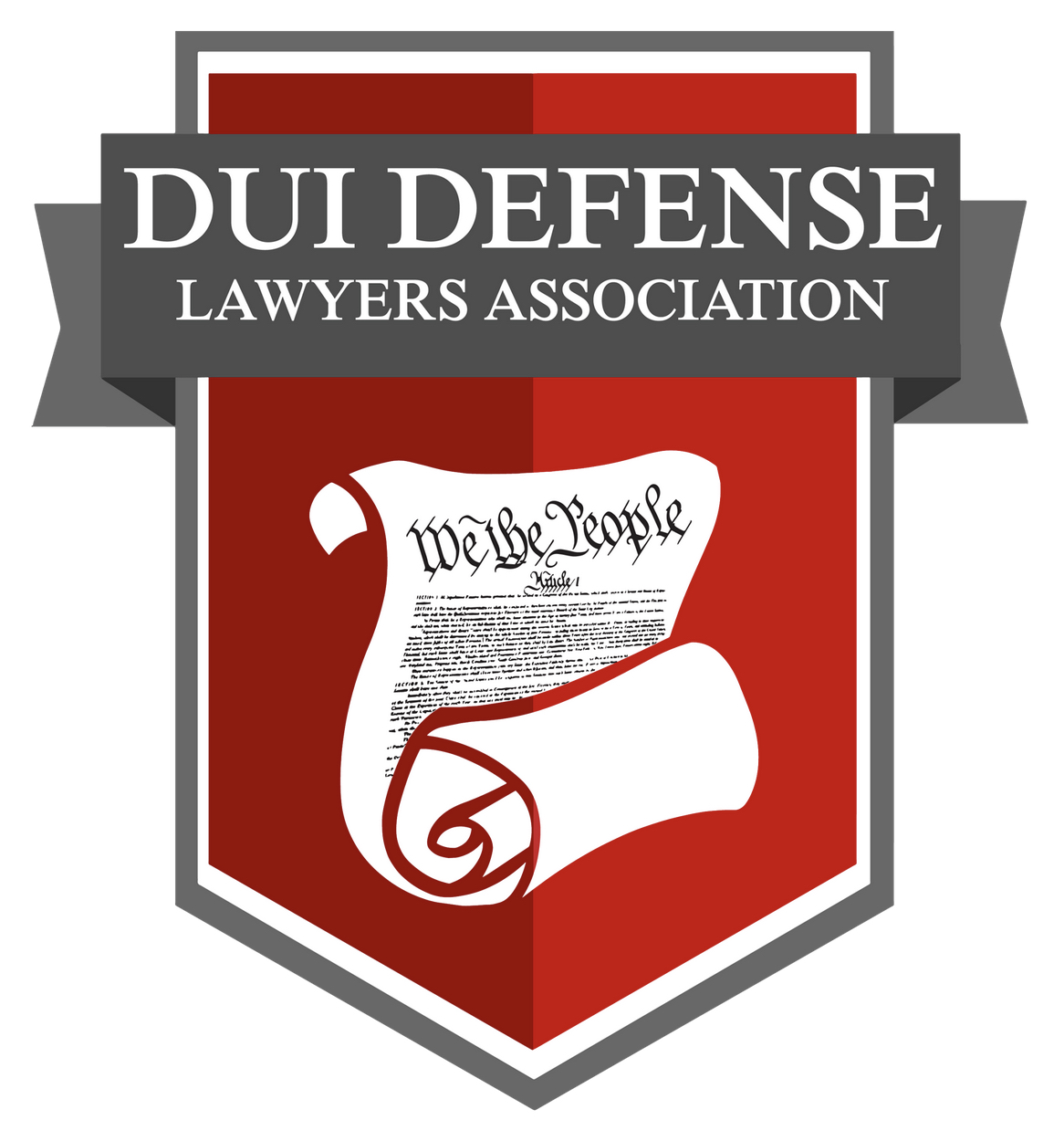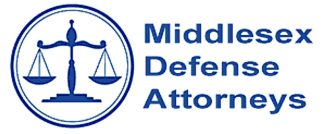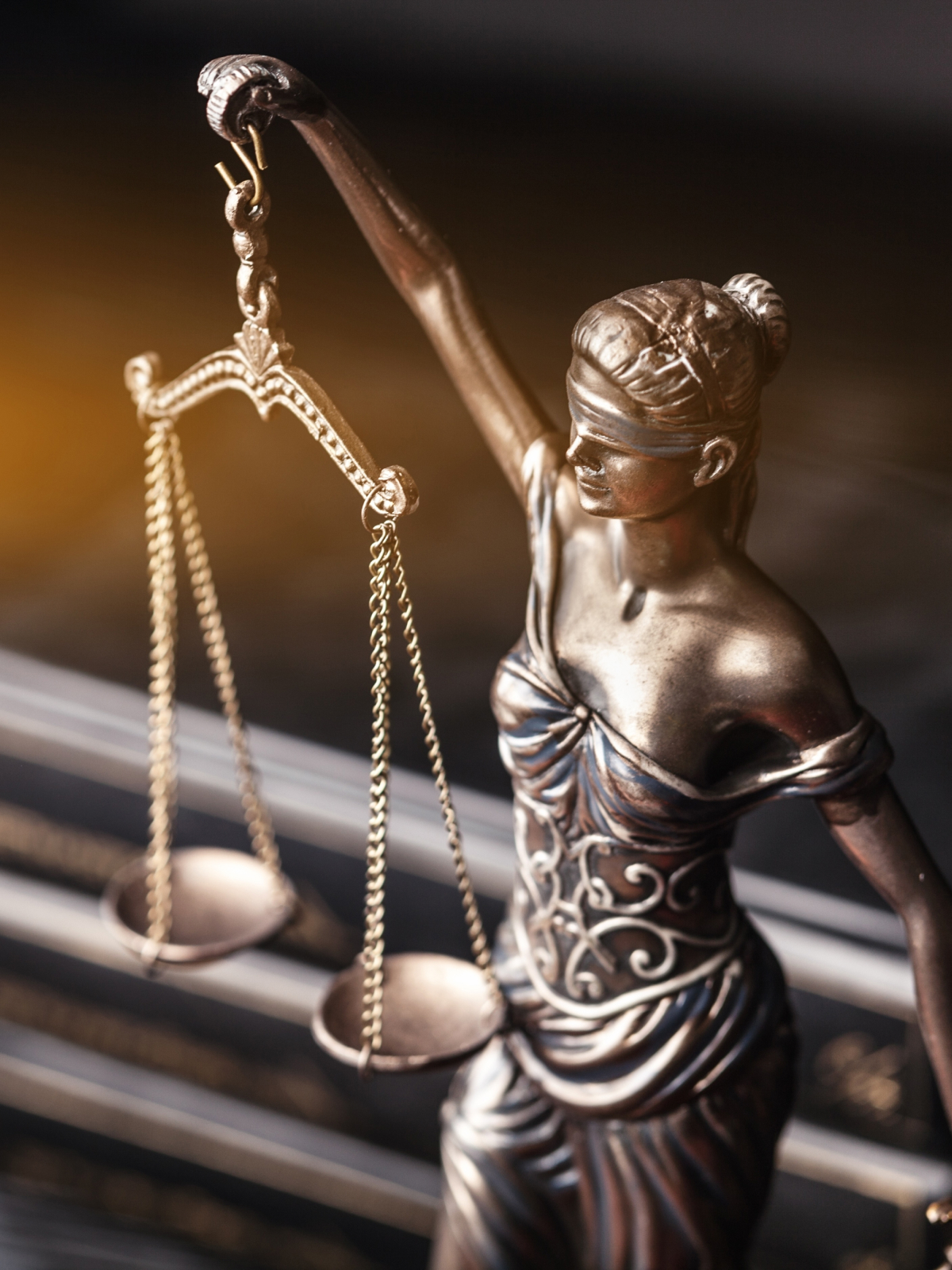Justice You Deserve
The Miranda Warning: What You Need To Know
By Kevin R. Collins, Esq.
June 2025
Most Americans have heard the famous phrase, “You have the right to remain silent” from television crime shows, but many do not fully understand the importance of Miranda warnings in our legal system. The requirement for this warning stems from the 1966 U.S. Supreme Court case Miranda v. Arizona which plays a vital role in protecting individuals during police interactions.
What Is The Miranda Warning?
The “Miranda Warning” contains four separate warnings, each protecting fundamental individual rights in the American legal system. They ensure that citizens are aware of their constitutional protections before making potentially self-incriminating statements. Police officers will typically read suspects the Miranda Warning from a pre-printed card which includes:
- You have the right to remain silent.
- Anything you say can and will be used against you in a court of law.
- You have the right to an attorney.
- If you cannot afford an attorney, one will be appointed for you.
When the Miranda Warning is Required

Contrary to popular belief, a Miranda warning is not required during every police interaction or even after every arrest. Law enforcement must only provide these warnings when both of the following conditions are met:
- The suspect is in custody (meaning they are not free to leave).
- The suspect is about to be interrogated (asked questions likely to elicit incriminating responses).
Consequences of Miranda Violations
When Miranda rights are violated, the primary remedy is the exclusion of statements made during the improper interrogation. This “exclusionary rule” means prosecutors cannot use these statements to prove guilt in trial. However, physical evidence discovered because of these statements may still be admissible under certain circumstances.
Exceptions to Miranda
Several exceptions exist where evidence may be admissible even without Miranda warnings:
- Public safety exception: When immediate questioning is necessary to protect public safety
- Routine booking questions: Asking for basic identification information
- Spontaneous statements: Unsolicited statements made by suspects
- Inevitable discovery: When evidence would have been discovered through legal means anyway

What To Do If You Are Being Questioned
If you find yourself being questioned by police, remember:
- You can exercise your right to remain silent at any time.
- Clearly state, “I wish to speak with an attorney”.
- Be polite but firm about exercising your rights.
- Do not provide information or answer questions until your attorney is present.
How An Attorney Can Help After You Have Made A Statement
If you were arrested and then made statements to the police, you should consult with an experienced criminal defense attorney who can determine whether your statements will be admissible in court or can be excluded due to a violation of your Miranda rights.

Massachusetts Criminal Defense Attorney Kevin R. Collins has practiced law for 20 years both as a prosecutor and a criminal defense attorney. Attorney Collins has defended hundreds of clients who made incriminating statements to police, excluding many of those statements through a successful Motion to Suppress. If you believe you require assistance with statements you made to police, contact Massachusetts Criminal Defense Lawyer Kevin R. Collins today.





